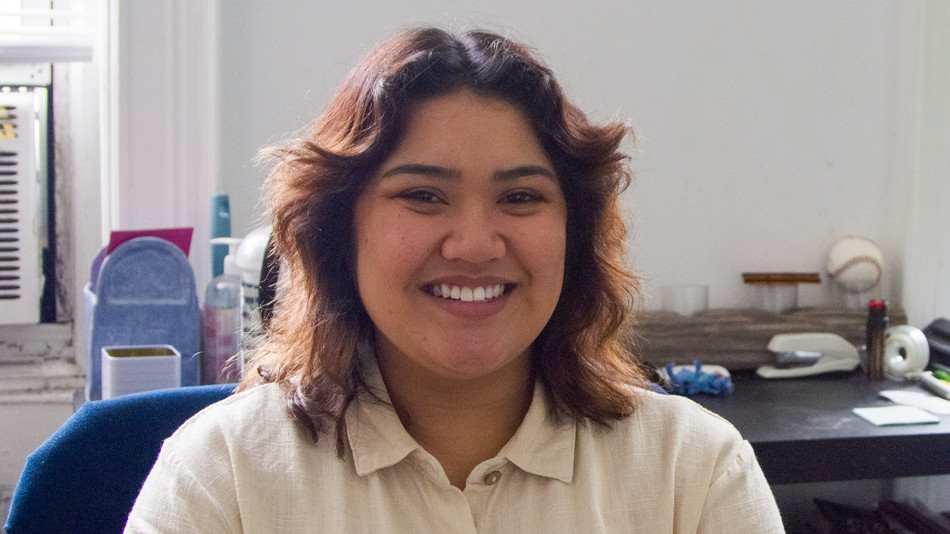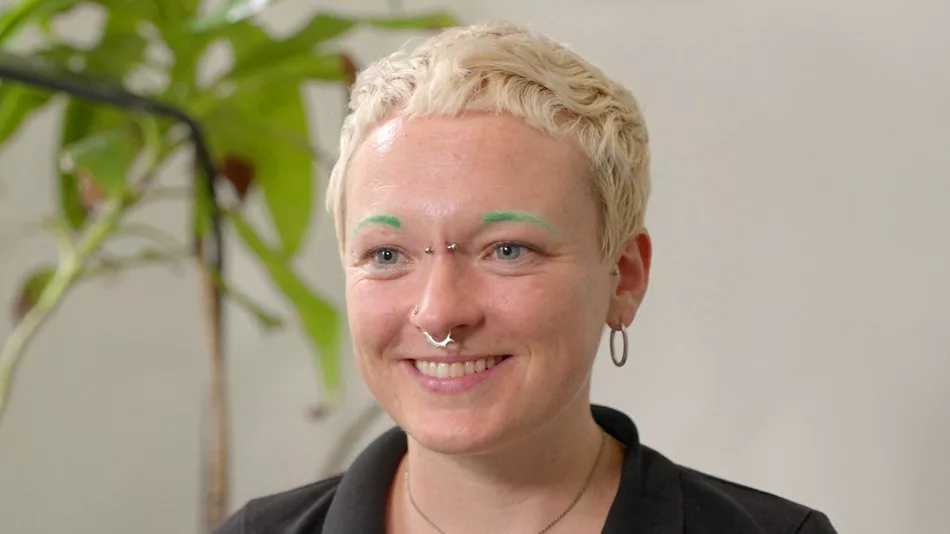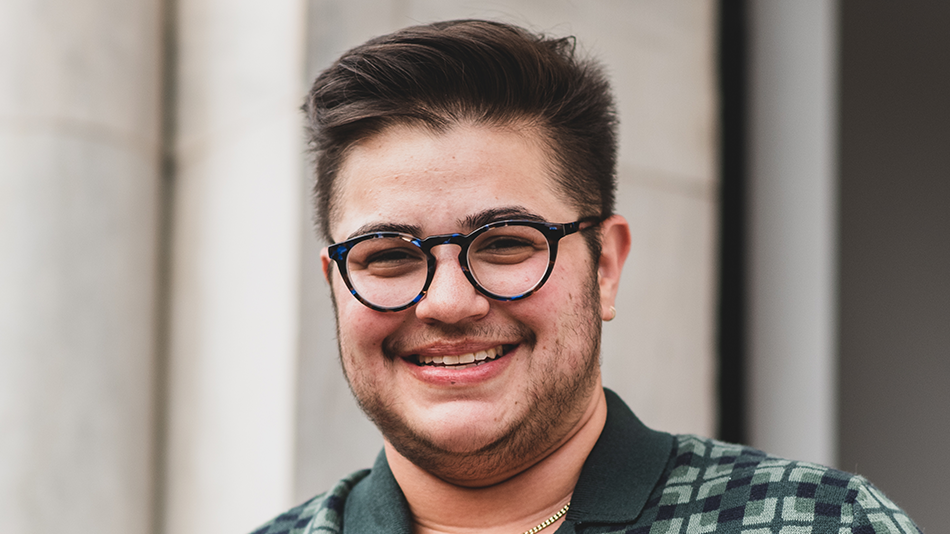My name is Dimitri Moïse and I am from Queens, New York.
So back in 2018, I was diagnosed with HIV. It was one of the hardest things I think I’ve ever had to hear. It was a huge shock when I found out, I just felt… honestly, I felt like utter trash. I remember hearing all those voices in my head. You did this to yourself. How could you be so stupid? You deserve this.
I ended up trying to take my life twice. I’m glad I’m still here. But it was.. it was one of the hardest things I think I’ve ever… I’ve ever had to experience.
And so about a year after my diagnosis, I was working on a play at the Public Theater. It centered around my character, who was a Black queer person who received an unexpected HIV diagnosis. When I ended up getting the role, it was exciting. It was also really cathartic and also brought up even more depression for me playing a role that is literally me. Sometimes it was really hard to separate.
On the opening night of this performance, I remember sitting on my couch and I’m watching Netflix, I think, or… or doing… I’m doing something to get ready before the show. And this day, I remember looking through my Instagram messages and this was in that, like, general part of Instagram messages where, you know, people that, you know, either you don’t follow or, like, you don’t know, and I’m… I’m reading this really long message. And it ends up being from a person in Africa. And this person was actually in Cameroon.
And they were recently diagnosed with HIV. Another black queer man. This person who was newly diagnosed said, you know, “I was hoping when I was looking online and doing research that, you know… you know, I would… I would see someone who had HIV, who was Black like me, who had a good life,” because that’s not the narrative that he was used to.
And at the end of the message, you know, he said, if he hadn’t heard from me, he was ready to commit suicide. I sprung into action and spent the rest of my day just on Instagram talking to this person. You know, one of the first things I asked was, “Okay, do you have any support? Do you have access to medication? If you don’t have access, you know, how can I help… help get you access? You know, are you in a safe place?” Those kinds of things. And thankfully, you know, he had access to medication. He did have some folks that he could lean on to support and he did feel like he was in a safe place. So I was like, Okay, great. So I spent about eight hours, I think on Instagram with this person, just continuing to check in with him.
As I’m getting to the theater, literally walking into the doors about to go into my mode where, like, I don’t check my phone anymore, I don’t go on my social media, it was at that moment that he responded back and said, you know, he was so grateful that I spent the day talking to him and that he wasn’t going to end his life and that he wanted to stay alive. He wanted to fight. And that I was a real inspiration for him.
Maybe it was the scene, like the third scene in when my character receives his diagnosis, that I realized and felt how profound all of what happened in just the course of a day was. So this was an immersive show. So we were in the audience when the show ended.
So lights come down, lights come back up, and, like, I’m sitting in a chair, everyone is just staring at me, Go up, do the bow. I started to cry, but I was like, You’re not going to break down. You’re not going to break down. And then the second we get off stage, I just… I just collapsed. But it was a good collapsing. Like, as difficult as that day was so much good came out of it.
Now, that was only a year after I was diagnosed. And so I was still going through a lot of things myself, but because someone else needed me, I had to put all of that aside. What’s really cool is that this person still reaches out to me on Instagram. They’re still really active. It makes me feel so happy to know that he’s doing well.
You know, I think back to my diagnosis, you know, I have to talk about my diagnosis a lot and the work that I do. And so it can be. It can be shocking again, for me. It can be retraumatizing. In a way, a lot of what I do today, I like to call a dark blessing, because I’ve totally stepped into my own in a way that has never happened to me before. I really feel like myself.
You know, one of the other ways that I try and make sure people don’t have to go through what I went through is the work that I do within black communities. You know, in the wake of everything that’s been going on, I was able to help start a new non-profit called Claim Our Space Now. And, you know, the mission is to dismantle white supremacy and save all Black lives. You know, one of our first events, we had an in-person – as safe as we could be – rally in Times Square. But I made sure that also at that event, we had free COVID testing and free HIV testing for people who needed it.
And so getting to weave my life together as a storyteller, as an activist, as a teacher, I think is one of the most important things that… that I can do while I’m here on this earth. To be able to do this work, to be able to speak with that one person, to be able to feel like the fog is lifting… it changes you.








Share